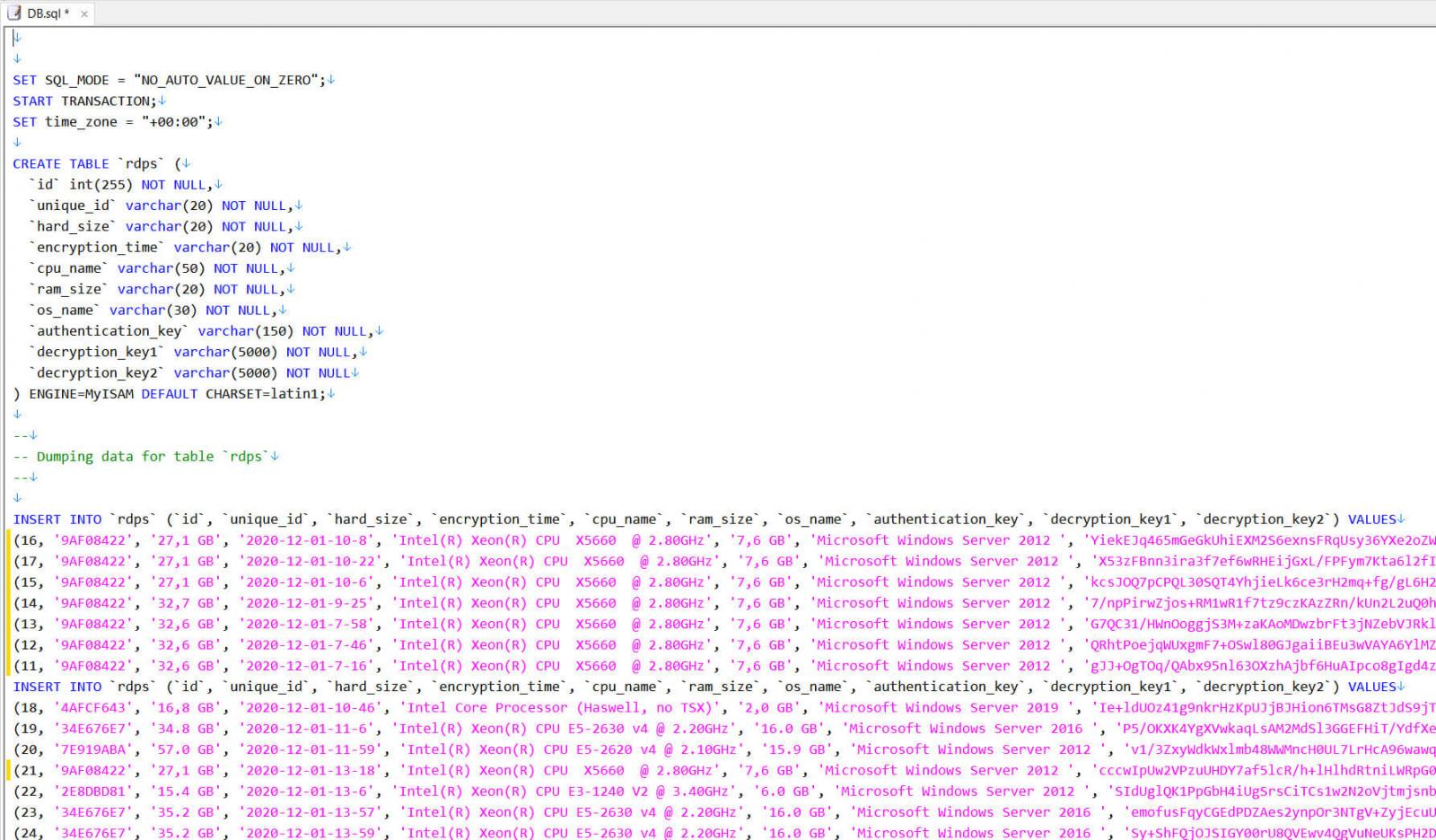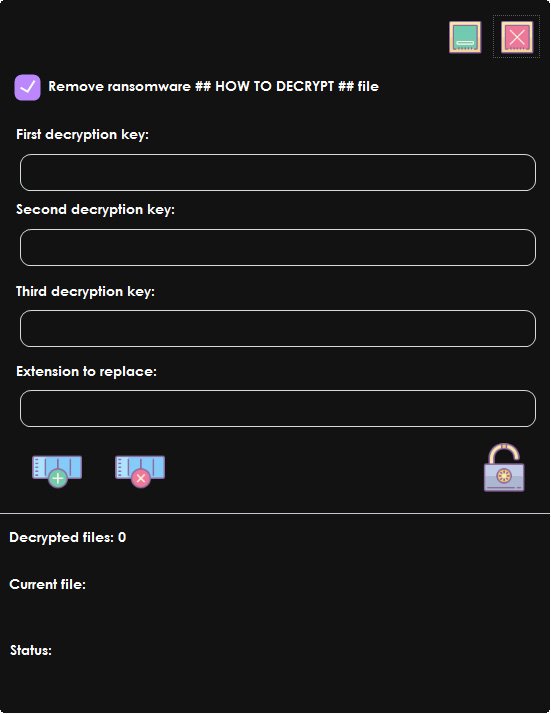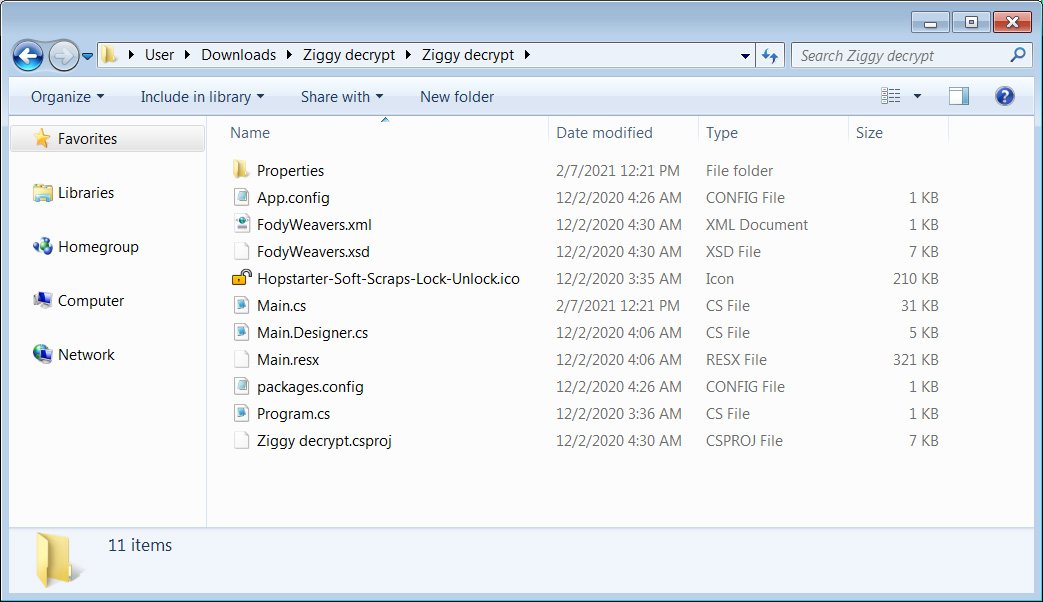Facebook expands 2FA with hardware security keys for mobile

Two-factor authentication when logging in to a new or unfamiliar device is a must nowadays. A lot of people have used SMS as their default 2FA but security experts are saying it’s not as secure as you think since numbers can be cloned. Hardware security keys are probably one of the most secure options out there and now Facebook is expanding its support for them by letting you log in to your Facebook app on your mobile device using it as your 2FA.
In case you’ve been living under a digital rock and don’t know what 2FA is, it’s a security feature that you should enable in all your accounts that support it. When you log in to a site or an app like Facebook, aside from requiring your password, you will also have a second security clearance. Most people use an SMS code or an Authenticator app. A hardware security key is a physical device that is small enough to fit in your keychain and is used for 2FA to verify it’s really you logging in.
Facebook says that since 2017, they have strongly recommended the use of hardware security keys to users that are at high risk of being hacked, like celebrities, politicians, public figures, journalists, or anyone that deals in possibly controversial work. Now they are encouraging everyone who wants to keep their account more secure by expanding support for mobile apps. This way if you’re signing in from a device that Facebook is seeing for the first time, they can make sure it’s really you.
You can enroll your physical security key by going to the Security and Login section of your settings and setting it up in the two-factor authentication section. If you’re using any new device to sign in, you’ll be notified that someone is accessing your account from a browser or mobile device that it doesn’t recognize. You’ll be asked to confirm that it’s really you with your key. And if your supposed hacker is the one trying to access, they won’t have your key to confirm.
Facebook is not selling hardware security keys but there are several companies selling them. You can connect it to your smartphone either through Bluetooth or by plugging it in directly.







